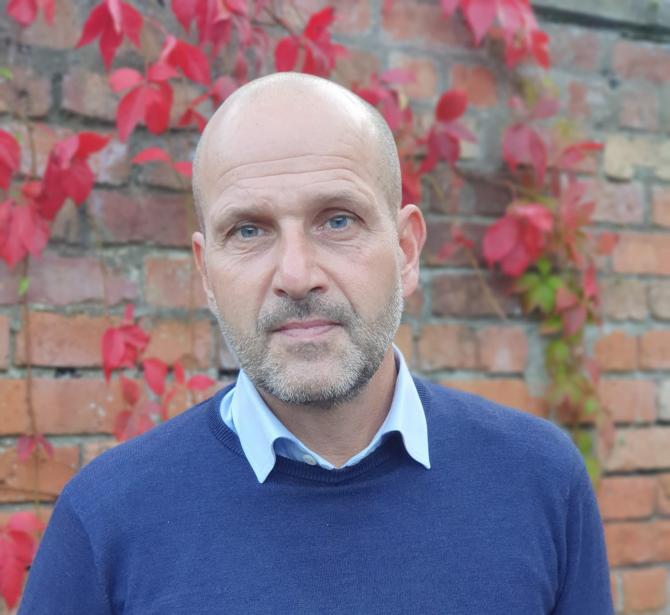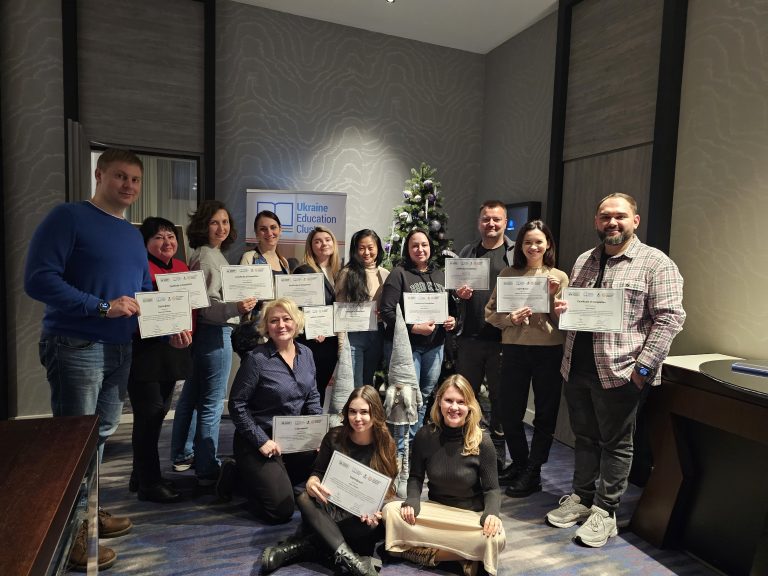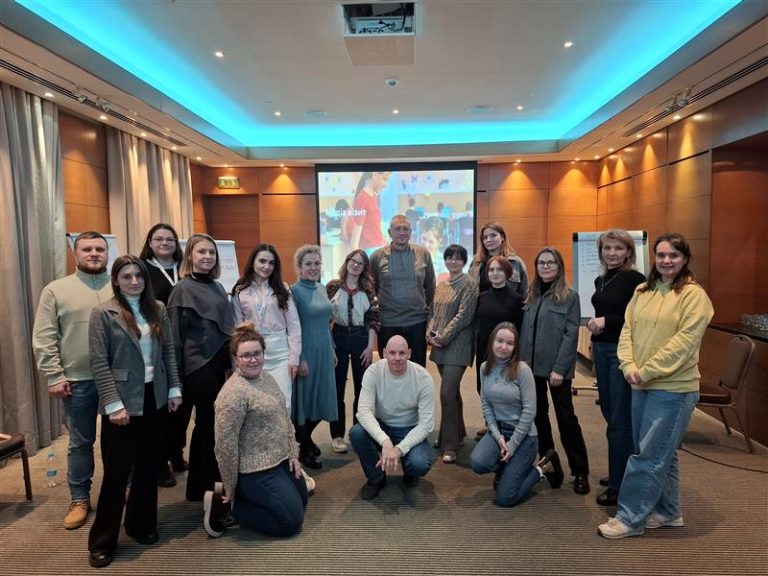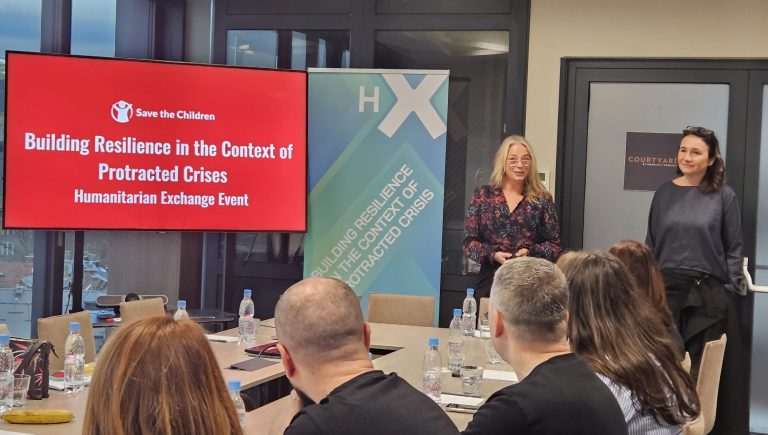9th December 2024
The Collaborative Leadership for Precarious Times event created a temporary community over 5 days from the 17- 22 November 2024 at the Corrymeela Community in Northern Ireland. The event design drew mainly on Group Relations experiential methodology alongside Eco-Leadership approaches. The aim of the event was to develop collaborative leadership to co-create a vibrant civil society.
Purpose
The purpose was to deliver radical change, utilizing Eco-Leadership approaches. This approach brings together the idea of developing existing ecosystems a) to undermine linear and top-down approaches, b) to discover and unleash the potential and hidden talents/resources in local and global ecosystems. This ecosystems approach puts questions of power, agency and equity at the centre of the work.
Methodology
This event is very different to the usual experience of conferences or workshops, learning occurs primarily through experience in the moment, working with the participants in the here and now. Within the structure provided, participants and staff co-created a temporary organisation, deeply engaging with each other in that living system, continuously reflecting on the collective and individual experiences they are having. Each participant was challenged to embrace the responsibility of maximising their own learning journey and contribute to the learning of others.
An ambitious challenge
The event was 11 months in the making linking colleagues across UK Impact, the Humanitarian Leadership Academy, Save the Children UK and Save the Children International and our external partners the Eco-Leadership Institute and the Chief Officers Third Sector. This was ambitious and challenging and part of the overall process to break down barriers and silos to create the space for the participants to take the learning opportunity.
At a time when civil society faces unprecedented challenges – from wars and economic crises to environmental and social upheavals – the importance of effective, collaborative leadership has never been greater. We need to take risks to actively engage in changing the way we work.
This event offered an opportunity to:
✅ Share experiences and learnings across borders and through conflict
✅ Deep and rich moments for reflection and raising awareness of the unconscious
✅ Practical tools and methods for systems leadership and collaborative action.
✅ Strategies to empower communities and drive systemic change.
The 50 participants were a richly diverse group in terms of age, experience, and origin. Among them were seasoned CEOs and leaders from the nonprofit sectors of Northern Ireland and the Republic of Ireland, as well as younger NGO leaders from Ukraine, working amid war, and from Poland, supporting Ukrainian refugees.
We facilitated unstructured community meetings and home groups where individuals explored what it meant to work without hierarchical leadership or predefined objectives. Instead or traditional approaches they focused on learning from their experiences in the present moment and embracing the freedom to choose their own path. The program blended structured and unstructured elements, including sessions on Eco-Leadership and participant-led discussions. Each day concluded with a free association matrix—a reflective exercise that deepened connection and insight.
These leaders, facilitators and supporting staff faced significant challenges during the event. This was risky work, at times, the collective effort seemed fragile, as emotions ran high, and struggles emerged. Yet, everyone chose to “stay with the trouble,” returning to the shared space with determination to understand how to connect with one another and with their deeper selves.
It was humbling to work alongside leaders who have lived through the trauma of ‘the Troubles,’ those who serve some of Ireland’s most marginalized communities, and individuals navigating the devastation of war or supporting refugees. Watching these diverse groups strive to understand each other—and in doing so, make powerful discoveries about themselves—was profoundly moving.
One participant shared a poignant reflection on the final morning: “I had a big insight last night… We are not here to do; we are here to be. We are not here to get things done but to discover how to be our best selves, to be present, and to connect with each other.”
Another participant said “This has been one of the most powerful and inspiring experiences of my life. Collaborative leadership is more crucial than ever in these precarious times. Together, we learned how human connection can drive meaningful change in building civil society—and that is something I will carry with me forever.”
Over the course of the event, we witnessed a profound transformation. Emotions shifted from anxiety, anger, and bewilderment to engagement, love, and deep connection. The realisation of interdependence and the generosity of spirit that emerged were truly beautiful to experience. There was much joy within the tension, celebrating the human side of leadership with participants sharing the creative and artistic sides of their full selves, from morning yoga to music and dance deep connection was created in a different way. We emerged under a rainbow at the conclusion of the final plenary session, a sign of hope in these challenging times.
Special thanks to colleagues in CO3 and Save the Children Northern Ireland who made this possible and to the Humanitarian Leadership Academy for trusting the process. This truly has been a collective impact approach, drawing the power and networks of Save the Children as a global organisation linked to local vision and energy of partners such as CO3 to create space where the risk to shift power was tested, where leadership and understanding were reframed for these precarious times. The participants will come together in early 2025 for an online review from which the partners will take forward plans to reconvene a similar event in Ireland. As a self-organising community participants are already convening local meeting which suggests the hunger for different style of event such as this which shift power remains.
I had a big insight last night… We are not here to do; we are here to be. We are not here to get things done but to discover how to be our best selves, to be present, and to connect with each other.”
This has been one of the most powerful and inspiring experiences of my life. Collaborative leadership is more crucial than ever in these precarious times. Together, we learned how human connection can drive meaningful change in building civil society—and that is something I will carry with me forever.”



